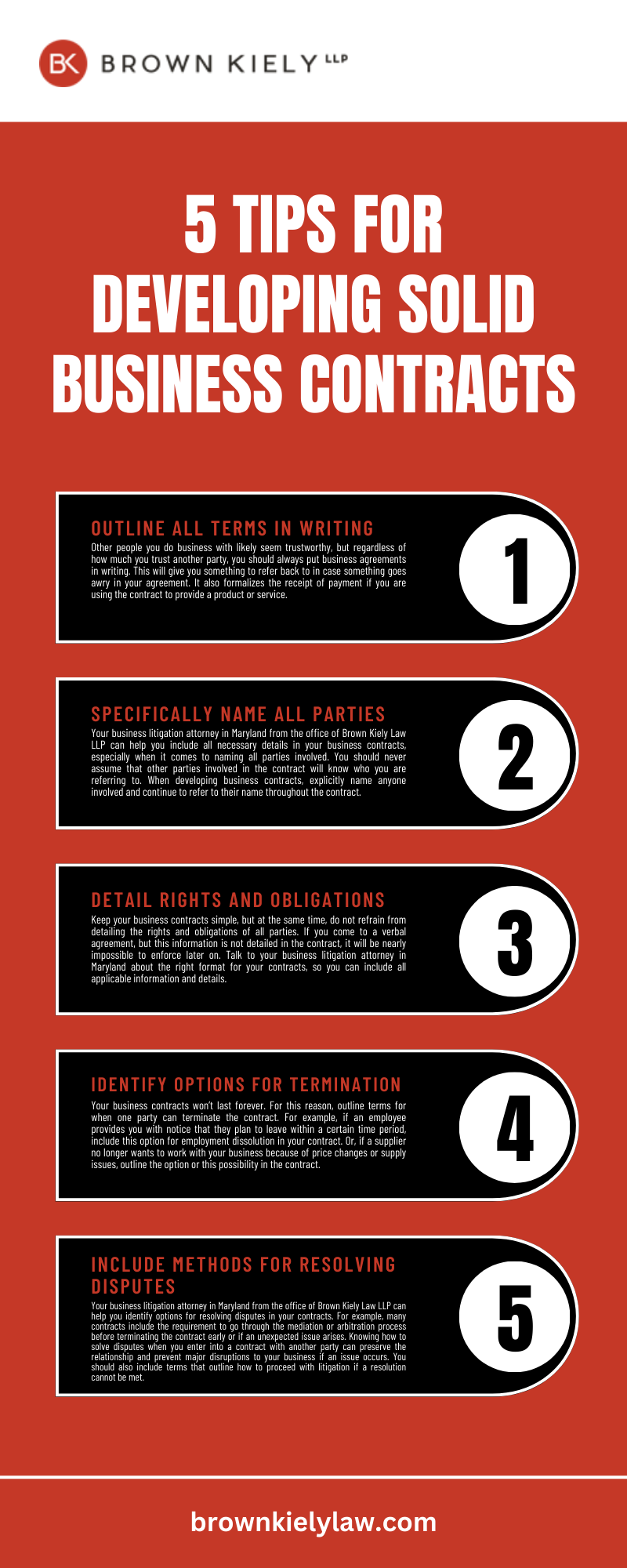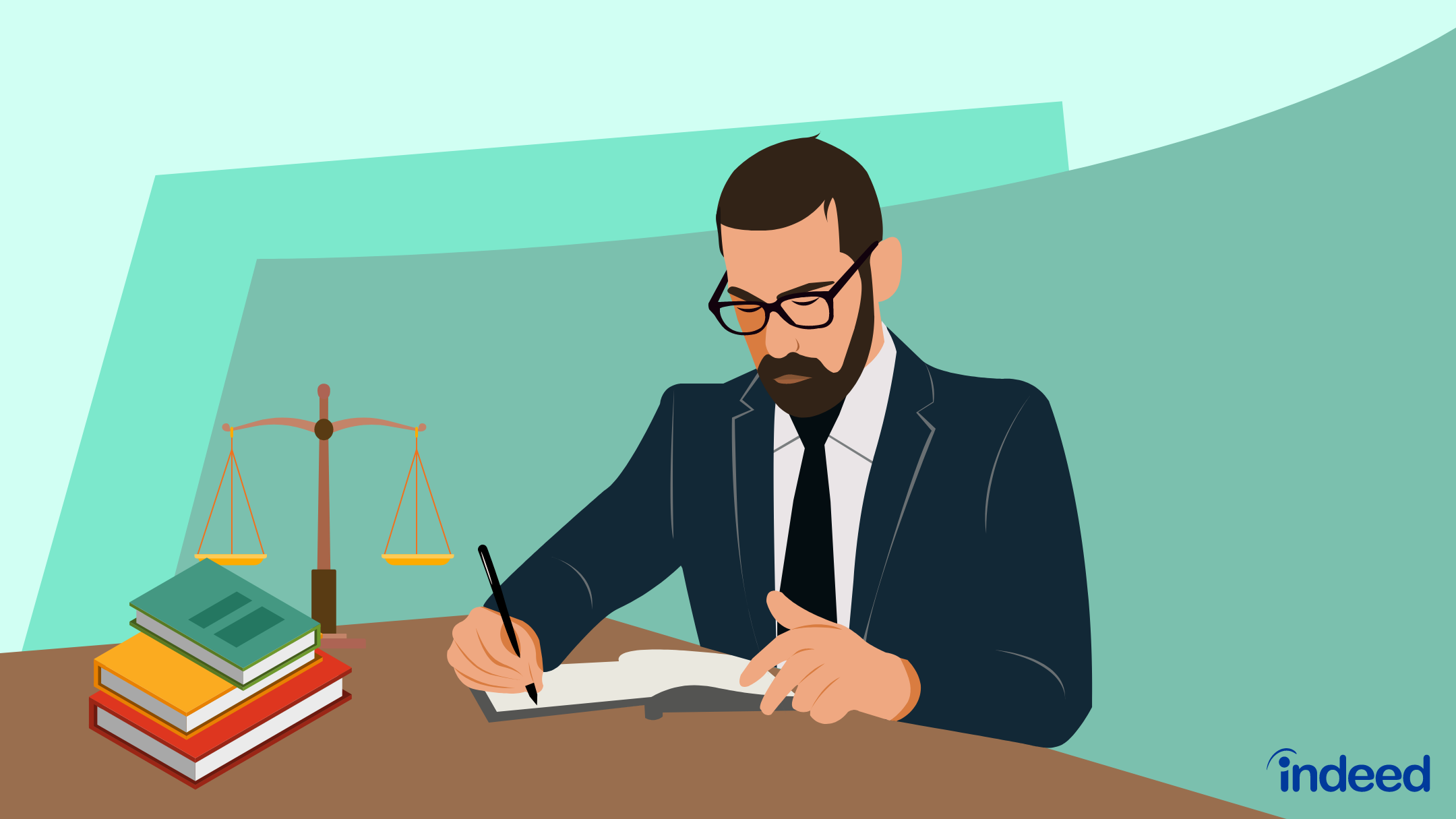
Navigating Street Law Practical Legal Education for All
Unveiling the Essence of Street Law
Understanding Street Law Education
Street law education serves as a beacon of light, illuminating the pathways to legal understanding for individuals from all walks of life. Unlike traditional legal education, which often remains confined within the walls of academic institutions, street law initiatives aim to bring legal knowledge directly to the streets, empowering communities with practical legal education.
Breaking Down Legal Barriers
One of the primary objectives of street law programs is to break down the barriers that often obstruct access to legal knowledge and resources. By providing easily digestible information on topics such as rights, responsibilities, and the functioning of legal systems, street law initiatives enable individuals to navigate complex legal landscapes with confidence and clarity.
Empowering Communities
At its core, street law education is about empowerment. By equipping individuals with the tools they need to understand and assert their legal rights, street law initiatives empower communities to advocate for justice, challenge injustices, and effect positive change in society. From marginalized groups to underprivileged individuals, street law education has the power to transform lives and foster a more equitable legal system.
Promoting Civic Engagement
Street law initiatives play a crucial role in promoting civic engagement and participation in legal processes. By fostering a deeper understanding of the law and legal institutions, these programs encourage individuals to actively engage in community activism, advocacy efforts, and civic initiatives aimed at promoting social justice and equality.
Addressing Legal Knowledge Gaps
In many communities, there exists a significant gap between legal knowledge and everyday understanding. Street law education seeks to bridge this divide by translating complex legal concepts into accessible language and practical applications that resonate with people’s lived experiences. Through workshops, seminars, and outreach programs, street law initiatives address these knowledge gaps and empower individuals to make informed decisions.
Fostering Critical Thinking
Beyond imparting legal knowledge, street law education fosters critical thinking skills essential for navigating legal complexities. By encouraging individuals to question, analyze, and evaluate legal issues from multiple perspectives, street law initiatives empower them to become active participants in the legal process and advocates for social change.
Promoting Legal Empowerment
At its core, street law education is a tool for legal empowerment. By providing individuals with the knowledge, skills, and confidence to assert their rights and navigate legal systems, street law initiatives enable them to overcome systemic barriers, challenge injustices, and demand accountability from those in positions of power.
Encouraging Collaboration and Partnership
Successful street law initiatives often thrive on collaboration and partnership with various stakeholders, including legal professionals, community organizations, educational institutions, and government agencies. By leveraging the expertise and resources of these partners, street law programs can reach a broader audience, deliver more comprehensive services, and effect meaningful change in communities.
Challenges and Opportunities
While street law education offers immense potential for positive impact, it also faces numerous challenges, including funding constraints, logistical barriers, and resistance from entrenched power structures. However, these challenges also present opportunities for innovation, collaboration, and creative problem-solving. By harnessing the collective efforts of dedicated individuals and organizations, street law initiatives can overcome these obstacles and continue to empower communities with practical legal education.
The Path Forward
As we navigate the complexities of modern society, the importance of street law education becomes increasingly evident. By empowering individuals with legal knowledge, fostering critical thinking skills, and promoting civic engagement, street law initiatives have the potential to create a more just, equitable, and inclusive society for all. As we look to the future, let us continue to champion street law education as a powerful tool for positive social change and legal empowerment. Read more about street law













